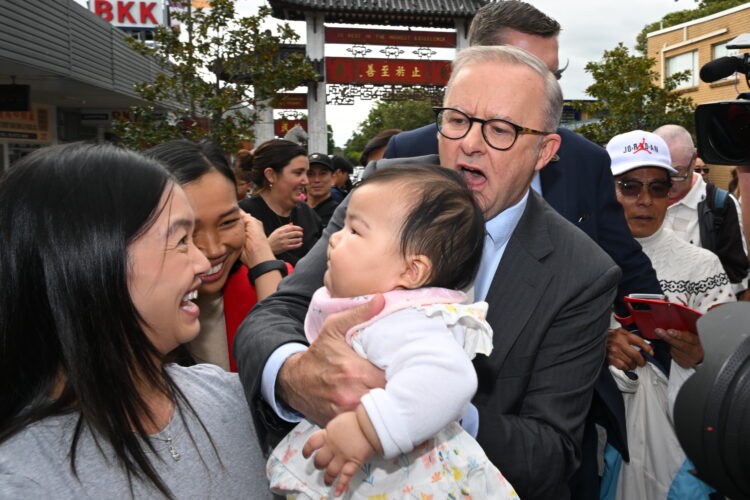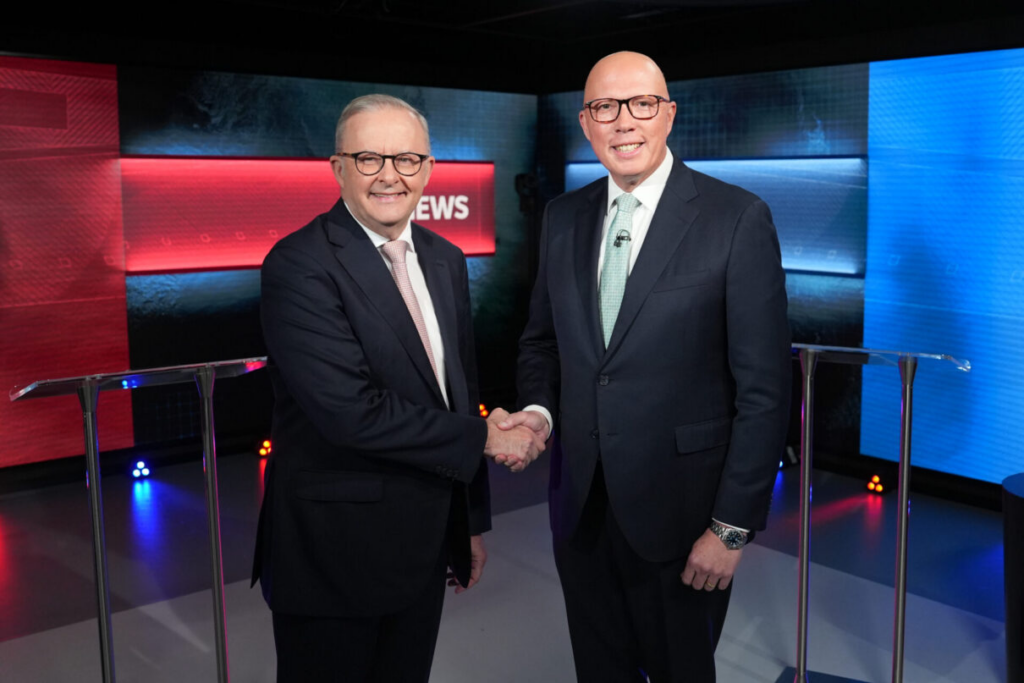Albanese treats the last question – the opposition has accused you of a ‘spendathon’ as a dixer (which is rich coming from the opposition given it has been on its own ‘spendathon’ and has matched Labor on a whole heap of policies).
Albanese:
We put out the costings yesterday that we put out the costings that were fully costed out there for all to see. Where are their costings? This mob, to be fair to them it must be difficult for them to find costings because from day-to-day their policies change.
How do you cost things when you are all over the shop? Working from home, on migration, on how to track housing policy: so many areas of some areas they are on the same day is giving different messages depending upon where people live. What we know is that they are combining with One Nation here in other places trying to do these preference deals that you have all sorts of strange occurrences [like] the Exclusive Brethren, which they need to explain going forward.
Where are all these people coming from? Why are they campaigning?
They don’t vote but they all of a sudden have found enthusiasm in their hundreds to travel around the country to hand out how to vote? What is going on there?
We have in the Labor Party, a clear consistent position going forward, of building Australia’s future, people know on Saturday if they want certainty in these turbulent times that they’ll get a tax cut, they get a 5% deposit, for first home buyers, they’ll get free TAFE and a 20 % reduction in student debt. Future Made in Australia. A government that wants to seize the opportunities and take action on climate change is well.



Loading form…